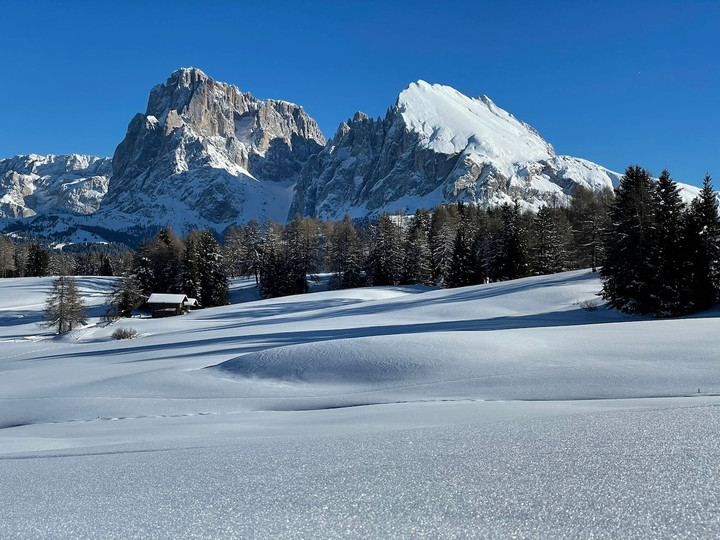Posted by Skipost Archive on May 2nd 2024
SkiPost Archive: Dealing with Bad Results
Here is an archived post from our newsletter. Dealing with bad results. As we reflect on the previous season of skiing, some of us having dealt with illness or injury, it is time to look forward to the training new year.
"
From experience I know it is hard to ski a whole season without bad races. Sometimes you’re just out of shape, other times you picked the wrong skis or simply missed the wax. For an athlete, it is necessary to be able to find the reason for bad results and turn the trend around. We need to do this without loosing inspiration or the will to work hard.
First of all, it is important to realize that bad races happen. It is virtually impossible to go through the whole race season without set backs. It happens to athletes of all abilities, from citizen racers to world cup skiers. One bad race does not make a bad season. Don’t spend too much time agonizing over a bad result, but look forward to the next race and focus on doing better.
After a bad race I try to constructively analyze what went wrong. If the skis were not fast enough was it the wax or was it a matter of ski selection? I talk to my friends and team mates, if their skis were better what did they do differently? If the skis were ok but my body did not feel 100% I try to find the reason for this. I pay attention to the training I did the weeks leading up to the race, and the amount of rest I was able to get. It is necessary to learn from mistakes made to avoid making them again. For example, I know that traveling takes a lot of energy out of me and makes it harder for me to eat well. Therefore I try to be extra careful with sleep and food when I am traveling and racing every weekend.
I find that dealing with one or two bad races is doable. It is harder when the season is almost over and the results I hoped for did not come, because for cross country skiers the off-season is relatively long. To prepare properly for racing, we have to spend endless hours roller-skiing, running and strength training. The bigger the effort we put in during the summer and fall, the more we expect when the season starts. When the results do not match our expectations it is hard not to loose focus.
If you feel your focus is being compromised, the important thing is not to panic. Don’t change your method or approach just to change something. If you made big changes in hours or intensity leading up to the season, it might take some time for your body to adapt to this new work load. Skiing is a sport that requires consistent and hard work. Think of the training as money in the bank, chances are it will pay dividends the following season. With that said, you might have to make adjustments, but mid-season is never the time to do that. Look over past years’ training, especially those periods where you felt really good, to find what works for you. Finding the positives and using those positives as your building block is a very agreeable start.
To summarize, don’t panic when bad races happen – they happen to all of us. Try to learn from what happened and take this knowledge when preparing for the next race, and the next season."

